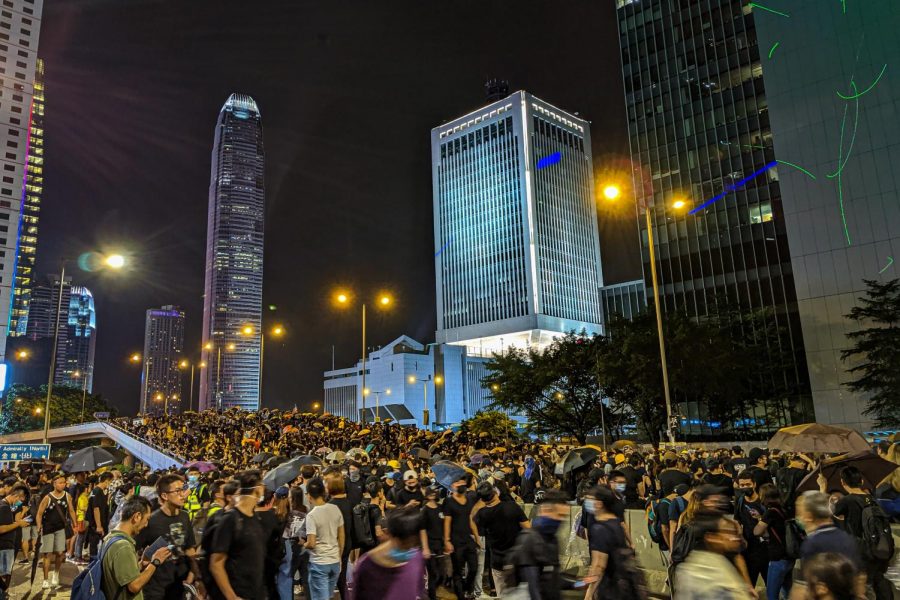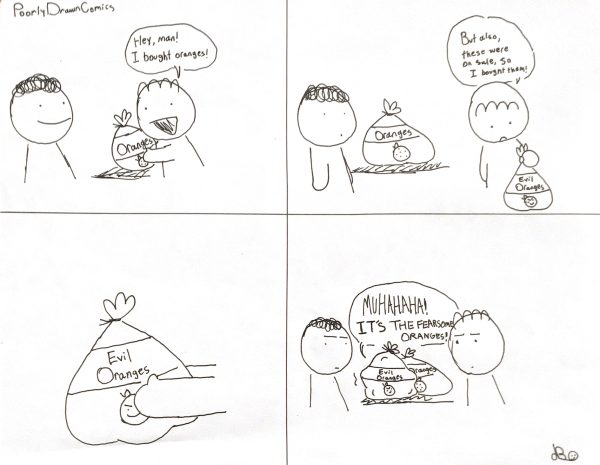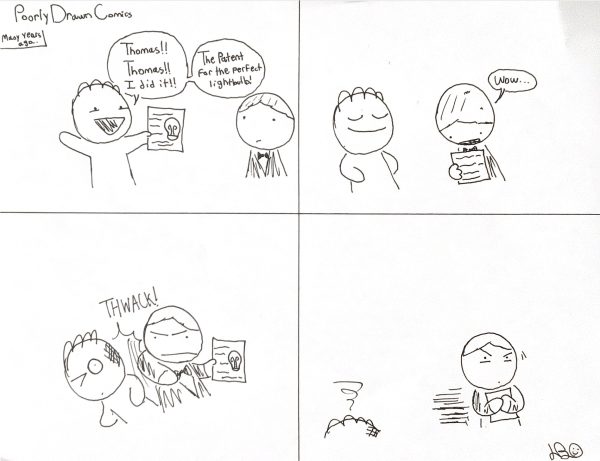What’s going on with Hong Kong?
Labeled for reuse via https://commons.wikimedia.org/wiki/File:Hong_Kong_protests_-_IMG_20190818_204524.jpg under the Creative Commons License
Nov 19, 2019
Hong Kong has been quite prevalent in the news recently, but for some awful reasons. HK police have been terrorizing people peacefully demonstrating their disapproval of recent laws that have been going into effect, making them appear as more of a country supported street gang than an official police organization. Some protestors have even gotten violent themselves, trashing windows and stores of places that support the HK law enforcement.
The catalyst to the protests was the extradition bill passed in Hong Kong in April 2019. It was going to allow suspects of crimes to be extradited, or transported, to mainland China from HK for trial, which in theory doesn’t sound too bad. I mean, Hong Kong is part of China! Until you look into it.
Although HK is technically a Chinese territory, it functions as a Special Administrative Region, controlled by the People’s Republic of China. This allows it to have a drastically different set of laws and practices, and this is proven with their extreme judicial differences. China practices a modified version of socialism, and is generally much more restrictive over their people compared to Hong Kong and it’s democratic system.
China also has a considerably weaker judicial system, having a 99.9% conviction rate of defendants from 2013 to 2016, primarily because of its belief in guilty until proven innocent, a complete antithesis of other countries like the United States and Hong Kong itself. 8th Grader Annette Thal stated that she’d be quite upset if a law like the extradition bill passed in a place like the United States, and said if she was tried as a defendant in a case in China, she’d “fight for her right for a better court system.” Jordan Byron said he would “not feel good at all” if he was told he had a 1% chance of winning a lawsuit.
After an abundance of protests, Carrie Lam, Hong Kong Chief Executive, decided the bill would be suspended indefinitely. Even with this announcement, protesters kept going strong, worrying officials of revolution. The remonstrating wouldn’t stop until more laws and bills were reverted, and the extradition bill just gave them a reason to start. But soon after, it got violent…for both sides.
Peaceful protests quickly turned into riots. Police sprayed tear gas, and shot a protestor in close range which led to them being hospitalized in critical condition. A deranged police officer even attempted to drive his motorcycle through a crowd of activists, but luckily people were able to avoid the vehicle in time. The officer was quickly dispensed from the Hong Kong Police Force after the pursuit. A man was stating pro-Beijing statements and promptly got lit on fire by a group of violent protesters, who then went on to light up other buildings and stores. A majority of protesters stayed peaceful.
Overall, the Hong Kong situation seems to be getting messier and messier by the day, but peace and change are still the main mottos of the protests. Throughout the people interviewed in WMS, they all believed that protesting in Hong Kong was the right decision.





